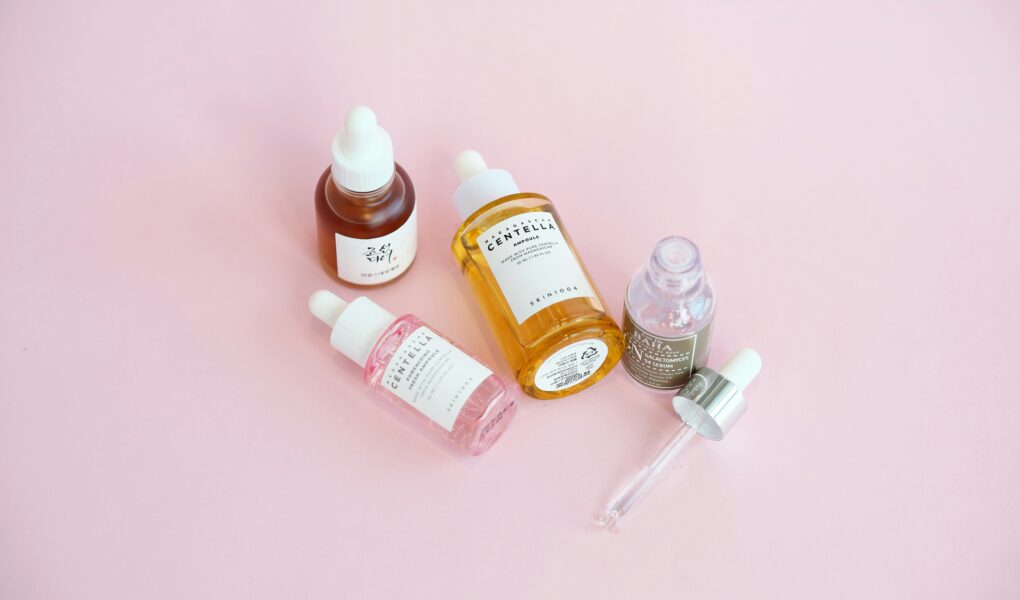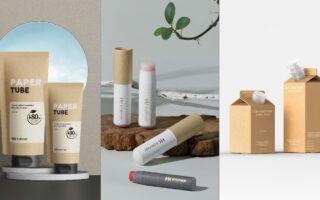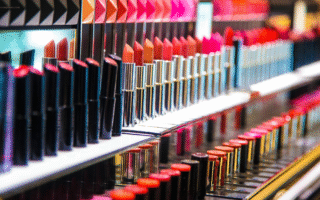As prestige beauty collides with e-commerce and global trade, the American market — the world’s largest — is entering a new chapter. The United States remains the world’s most powerful beauty market, generating more revenue than any other. But the definition of prestige is being rewritten by digital storefronts and global trade winds.
Estée Lauder and Beyond: Amazon’s New Prestige
Amazon’s Premier Beauty Storefronts have quickly shed the perception that prestige labels would avoid them. Clinique was the first of Estée Lauder’s brands to debut on the platform, setting the stage for the company’s broader push into digital prestige retail. Its success is no surprise. Indeed, years before clean beauty became a global talking point, Clinique championed dermatologist-guided, allergy-tested, 100% fragrance-free skincare, a science-backed, conscious approach.
The Ordinary by Estée Lauder followed, debuting on Amazon U.S. Premium Beauty on January 28, 2025, bringing its ingredient-focused, transparent formulations to a wider audience. Just last month, Charlotte Tilbury announced her glittering debut, a clear signal that even celebrity-driven brands now see Amazon as a stage worthy of their presence.
For clean and conscious labels, Amazon offers something more than exposure: visibility. Independent vegan and cruelty-free brands, once tucked away in niche e-shops, can now stand beside global powerhouses in the same digital aisle.
K-Beauty’s Skin-First Philosophy
Amazon’s dedicated Korean Beauty store has become a gateway for U.S. consumers, reflecting South Korea’s meteoric export growth. In 2024, Korea overtook Germany to become the third-largest beauty exporter, and by early 2025 briefly surpassed the U.S. itself. More striking, Korean brands now ship more cosmetics into America than France does.
But this is more than economics. K-Beauty’s skin-first philosophy — prioritizing hydration and luminous complexions over heavy coverage — aligns seamlessly with today’s clean and wellness-driven ethos.
Squeaky Clean
K-pop’s global rise has done more than shape playlists, it has burnished South Korea’s image as polished, disciplined, and trustworthy. Idols are marketed as clean-cut and aspirational, embodying a wholesome image that contrasts with the edgier narratives of Western pop. That perception extends to K-beauty. If Korean culture projects purity, precision, and reliability, its skincare inherits the same halo of trust.
K-Beauty’s Influence Beyond Amazon
K-beauty’s reach in the U.S. isn’t limited to Amazon. Olive Young launched its U.S. subsidiary in Los Angeles in early 2025. Soko Glam, founded in 2012 by Charlotte and David K. Cho, remains one of the largest U.S. marketplaces for K-beauty, offering skin-first, ingredient-focused products. YesStyle, a global online retailer, also plays a major role by making a wide range of Korean skincare and beauty accessible to price-conscious and trend-savvy audiences.
Together, Amazon, Olive Young, Soko Glam, and YesStyle show that K-beauty is more than a trend — it’s a reshaping force in U.S. prestige skincare, combining accessibility, clean formulations, and cultural resonance.
Olive Young Soko Glam YesStyle


[…] Perhaps it’s no coincidence. Recent reports show that Korea is now the world’s third-largest beauty exporter, a fact that underscores the growing influence of its innovation-driven, ingredient-led approach. As explored in our editorial on the U.S. beauty market, Amazon, K-beauty, and the future of conscious prestige […]